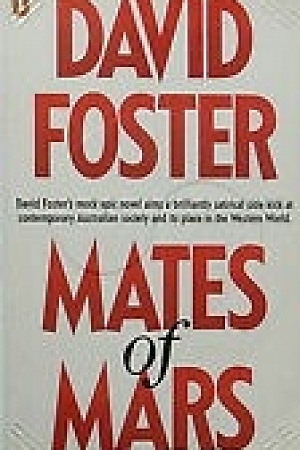The House of Youssef
Giramondo, $26.95 pb, 275 pp, 9781925818192
The House of Youssef by Yumna Kassab
Yumna Kassab has utilised the sparse economy of short stories to craft her début collection, grounding universal diasporic themes such as generational disconnect, cultural loss, and the weight of familial expectations in the distinct Lebanese-Australian social milieu of western Sydney, where she was born and raised.
Short story collections often lack a certain cohesiveness, but Kassab’s characters each move in the same fictional yet exceedingly real world where Muslim Australians – straddling the line between being hyper-visible and invisible – are both demonised and studiously avoided. Characters with the same names recur from time to time, not always the same characters; reading Kassab’s stories requires a meticulous attention to detail to deconstruct and decipher how various individuals relate to one another.
The eighty-four-page ‘The House of Youssef’ is heartbreaking in the slow yet deliberate way the family at its centre breaks down, but the preceding stories are striking for the poignant moments of unbelonging and loss they capture in so few pages. ‘Hold True’, ‘Son’, ‘The Rest Of His Life’, and ‘Dead End’ capture the hopeless monotony of being a disenfranchised young Lebanese-Australian man. This discombobulation is elevated in ‘9/11: Before and After’ as an unnamed male narrator closes in on himself after the terrorist attack. Kassab’s stories are quietly devastating; her characters rebel in small ways instead of sweeping gestures, but mostly they go about their lives.
Kassab’s prose is unsparing and frank yet unstinting when examining the push and pull of being a second-generation Lebanese-Australian who carries her invisible audience of family, friends, and cultural expectations wherever she goes. Similarly in the latter half of the book, she expertly inhabits the psyche of first-generation migrants who live in one place yet dream of another. It’s in her ability to bridge the chasm between the two that Kassab shines.















Leave a comment
If you are an ABR subscriber, you will need to sign in to post a comment.
If you have forgotten your sign in details, or if you receive an error message when trying to submit your comment, please email your comment (and the name of the article to which it relates) to ABR Comments. We will review your comment and, subject to approval, we will post it under your name.
Please note that all comments must be approved by ABR and comply with our Terms & Conditions.